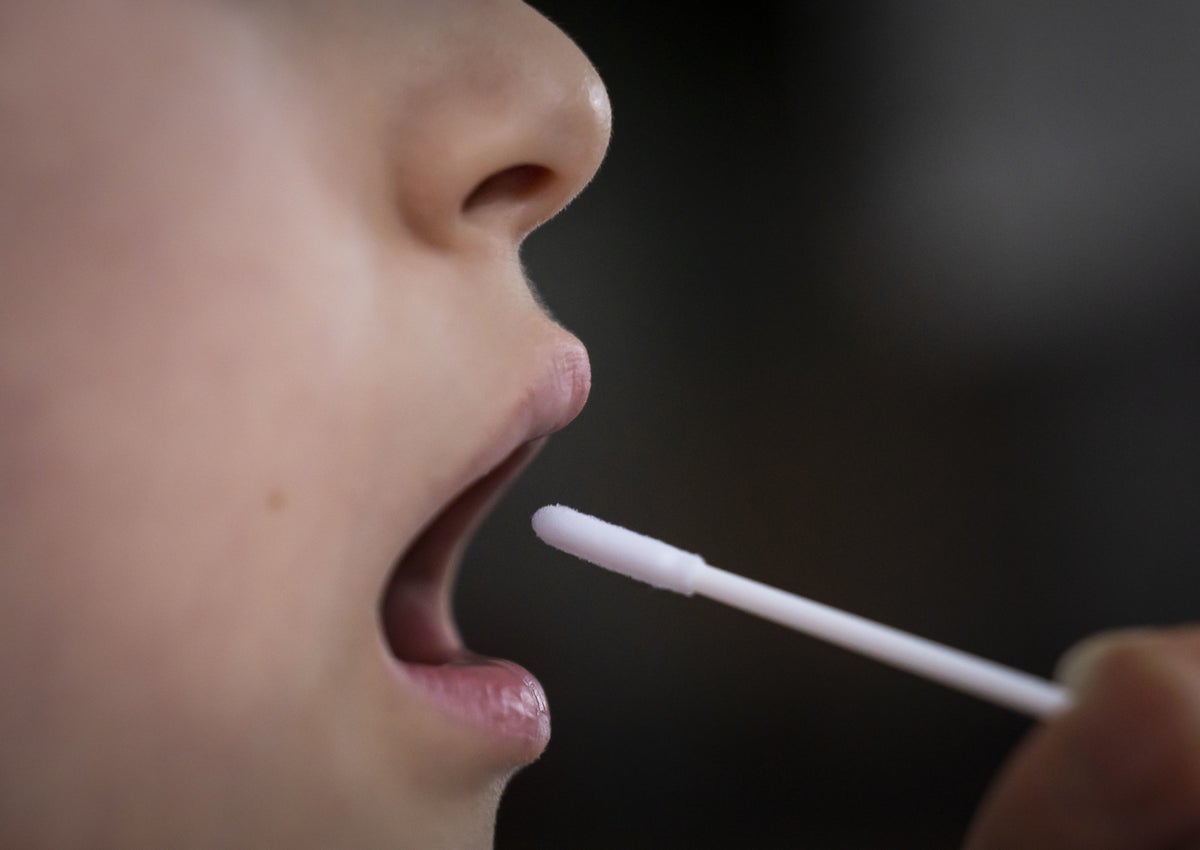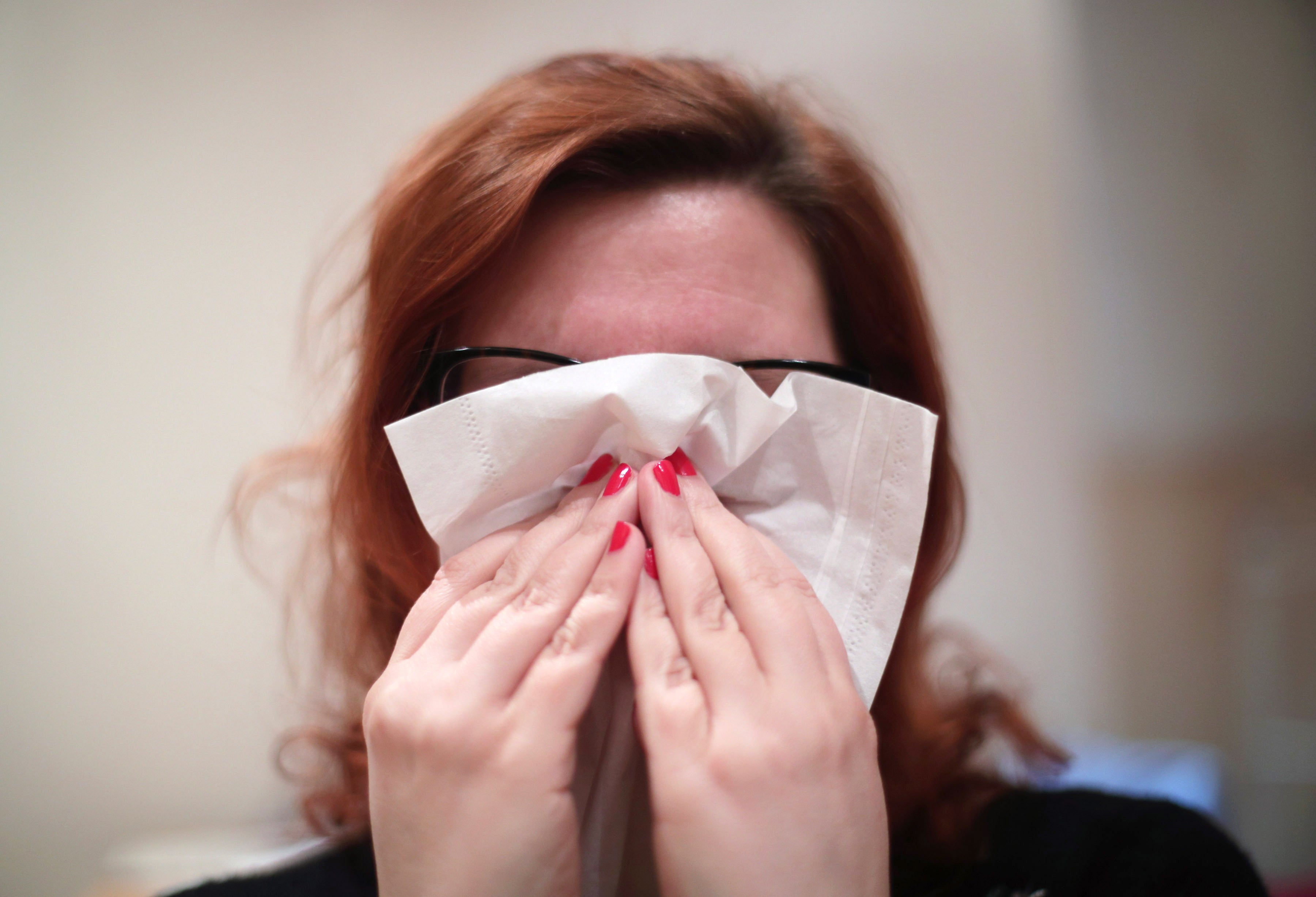
A leading professor has warned people to assume they have Covid if they wake up with two telltale symptoms.
Professor Tim Spector, founder of the Covid Zoe app, warned that fatigue in the morning, even after a good night’s sleep, and a sore throat might be signs of infection.
He added that a sore throat was more commonly reported in people with coronavirus than a regular common cold.
Around 1.3 million tested positive in late September, according to the latest figures, which was a 25 per cent increase on the week before. The UK is also concerned there could be a bad flu season this year, with lower immunity across the population due to reduced exposure in the Covid pandemic.
If you spot these two symptoms you should assume it’s Covid, Professor Spector wrote.
“There are twice as many Covid cases as common colds currently,” he tweeted. “The ratio has never been so high.
“Symptoms much the same except generally more fatigue and sore throat – so best to assume it’s Covid!
“Hopefully, this wave will be over soon.”

Professor Spector added: “Try to get tested if you can. If you can’t get tested, assume you’ve got a cold and stay away from other people until you feel better.”
In July, he said: “New study suggests that new BA4 and BA5 variants work by both evading the existing immune defences and also neutralising some of them. No surprise they are so successful as UK cases soar to record levels.”

According to the ONS, there has been a large increase in the number of reinfections during this current Omicron wave. Analysis showed that in England infection levels were higher than during the first Covid wave, though hospital admissions during that “Alpha” wave were twice as high and the number of deaths 14 times higher.
However, Professor Paul Hunter, professor in medicine at the University of East Anglia, said that infections were probably falling because the ONS data was about two or three weeks behind.
“It is worth restating that the ONS infection survey primarily publishes prevalence of Covid – ie, the proportion of the population testing positive – and a week or more later than the samples were taken on which the results are based. Because people can remain positive for about 11 days after first becoming positive for Covid, the ONS data is always about two to three weeks behind the epidemic curve, as far as new infections – incidence – are concerned,” Prof Hunter said.







